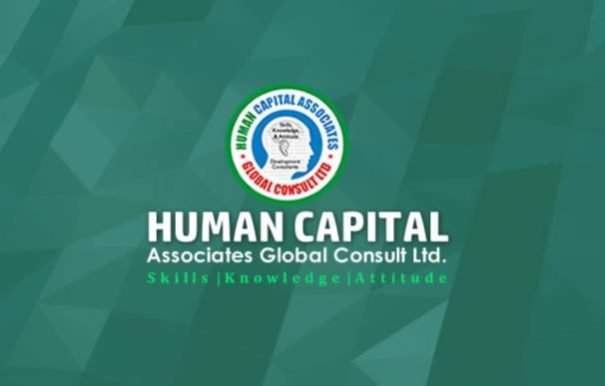Workshop on Combating Risk & Fraud in Procurement Management
Workshop on Combating Risk & Fraud in Procurement Management
May 6 – 10, 2024, 1st Run: Lagos & Port Harcourt
November 25 – 29, 2024, 2nd Run: Lagos & Abuja
For Tutor -Led Class: 9am – 4:30pm
Workshop fee: N250, 000 per Participant
For online: Delivery via Zoom
Online course fee: N200, 000 per Participant
Available for In-plant Training
Program overview:
Procurement fraud and bribery are the single largest area of loss for businesses and Government departments around the world. This program on Combating Risk & Fraud in Procurement management will assist participants recognise, combat and manage procurement fraud and bribery risks. This course is designed to help pparticipants’ develop skills and competences to design and implement an effective procurement fraud control, build barriers to procurement fraud to protect their organisations, develop and implement anti-bribery management system to help overcome identified challenges.
For whom:
This program is designed for Procurement Professionals, Supply Chain Professionals, Ethics & Compliance Professionals, Risk Management Professionals, IT Security Professionals, Legal Professionals, Quality Assurance and Management, Corporate Social Responsibility & Accountability Professionals, and Individuals with third-party management with oversight responsibilities.
Learning objectives:
At the end of the program, participants will be able to:
• apply a thorough understanding of supply chain activities;
• identity, analyze and evaluate supply chain risk;
• understanding procurement fraud and bribery: motivations and techniques;
• understand the keys aspects in reducing risk;
• use risk management tools and techniques;
• developing competence in building multiple barriers to fraud; and
• becoming aware of the principles and practicalities of bribery-proofing organizations.
Course outline:
Day 1: What is procurement fraud and bribery?
Defining procurement fraud and bribery
• different types of fraud in procurement
• Why is procurement function vulnerable to fraud and bribery?
• Where and when can procurement fraud happen?
Different types of procurement fraud schemes
• Bribery and corruption
• Fraud in bidding process
• Unjustified sole source
• Split purchase
• Change order abuse
• Cost mischarging and defective pricing
• False invoice and phantom vendors
Consequences of procurement fraud to the organization
Day 2: Understanding the Context and Motivations behind Procurement Fraud and Bribery
• Understanding the motivations of individuals and organisations that engage in fraud and bribery
• Assess the costs to the organisation and the individual of undetected fraud and bribery
• Recognising the role of everyone in the organisation with regard to fraud and bribery
• Public and Private sector responsibilities
Day 3: Implementing Effective Anti-Fraud Controls
• Developing effective and proportionate procedures
• Training personnel and suppliers who may encounter procurement fraud
• Communicating policy to all levels in the organization
• Securing the supply chain at all stages including
initiation, storage, transportation, loading and
unloading, handovers with other organisations and
shipping and clearance documentation
• Monitoring the stages in procurement from
pre-qualification to use
• Achieving due diligence
Day 4: Building Effective Barriers to Procurement
Fraud
• Increasing individuals and the organization’s
awareness of fraud risk
• Training staff to identify and signal and suspicion
of procurement fraud
• Monitoring of documentation and internal audit
as a control and a signal of the organisation’s
attitude to fraud
• Assessing staff and their vulnerability to fraud
• Creating effective procedures and monitoring
these procedures
• Creating internal barriers to collusion and
cooperation that may facilitate corrupt practices
• Auditing suppliers and associated organisations
for procurement fraud
• Analysing data and activities in order to flag
suspicions of fraud
Day 5: Bribery Proofing the Organisation – Tools, Techniques and Approaches
• Planning the bribery-proof organisation
• Developing anti-bribery policy and Gaining Management buy-in
• Communicating the policies and enforcing compliance of anti-bribery rules and procedures
• Monitoring and reviewing the anti-bribery management system.
• Audit and top management review – continuously improving the system
• Case studies.
Training Methodology
Lectures, discussions, exercises, case studies, audio-visual aids will be used to reinforce these teaching/learning methods.




